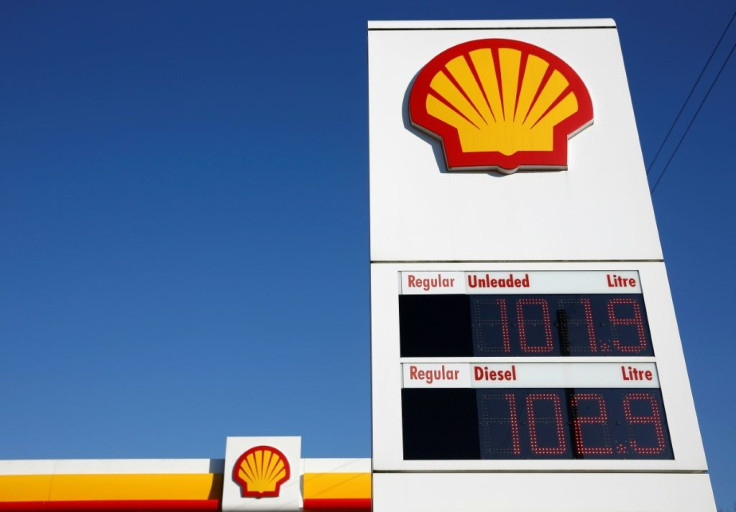Dutch Court Rules On Shell Nigeria Oil Spill Case
A Dutch court will hand down its verdict on Friday in a long-running case pitting oil giant Shell against four Nigerian farmers who accuse it of causing widespread pollution.
After 13 years of legal wrangling, an appeals court in The Hague will rule on the farmers' demands for the Anglo-Dutch firm to clean up devastating oil spills in three villages in the Niger Delta and pay compensation.
The case, backed by the Netherlands arm of environment group Friends of the Earth, is the first time a Dutch company has been held liable for actions by its foreign subsidiary.
The case has dragged on so long that two of the Nigerian farmers have died since it was first filed in 2008, as Shell argued that the matter should not be heard in the Netherlands.
The ruling is expected at 1000 GMT.
"After almost 13 years, we will hear whether Nigerians will finally receive justice or whether Shell has succeeded in completely shirking its responsibility for the pollution," Donald Pols of Friends of the Earth Netherlands said in a statement.
"For the inhabitants of the Niger Delta it is crucial that their land is cleaned up and their lost crops and livelihoods are compensated by the guilty party: Shell," he added.
Shell has always blamed the spills on sabotage and said it has cleaned up with due care where pollution has occurred.

The farmers first sued Shell in 2008 over pollution in their villages Goi, Ikot Ada Udo and Oruma, in southeastern Nigeria.
A lower court in the Netherlands found in 2013 that Shell should pay compensation for one leak, at Ikot Ada Udo, but ruled that Shell's parent company in the Netherlands could not be held liable in a Dutch court for the actions of its Nigerian subsidiary.
But in 2015 the Hague appeals court ruled that Dutch courts did indeed have jurisdiction in the case.
The appeals court will on Friday decide on the substance of the case: whether Shell is to blame for the oil leaks and did it do enough to prevent them and future spills.
"A victory would herald the beginning of a new era in which large multinationals such as Shell can no longer go about their business lawlessly but are accountable for their entire operations, including overseas," said Pols.
At a hearing last year lawyers for the farmers showed gushing and burning oil spills as well as villagers dragging their hands through water sources, their hands streaked with the substance afterwards.
Nigeria was the world's ninth-largest oil producer in 2018, pumping out volumes valued at some $43.6 billion (37 billion euros), or 3.8 percent of total global production.
In a separate case in the Netherlands, the widows of four Nigerian activists executed by the military regime in the 1990s have accused Shell of complicity in their deaths.
Shell also faces a landmark legal bid to force it to meet emissions targets in the Paris climate accords, brought by several environmental groups in the Netherlands led by Friends of the Earth in 2019.
© Copyright AFP 2024. All rights reserved.




















